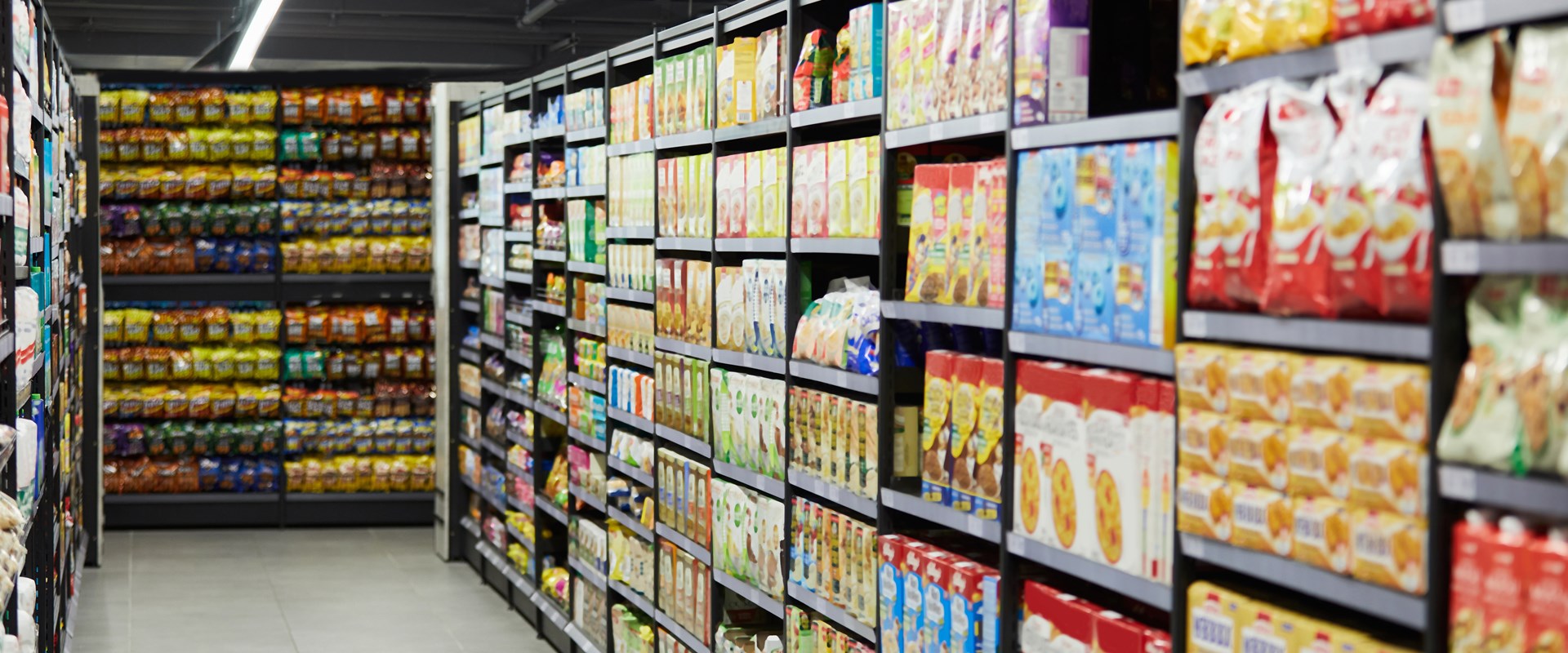In the race to get new products into a massively saturated market, it is easy for food and drink businesses to skip over protecting every aspect of their intellectual property.
Almost all will use trade marks to protect their brand. Most will use designs to protect their appearance and/or packaging. Some will even use patents to protect the way they manufacture their products.
However, far too many will have forgotten their trade secrets.
This is somewhat incredible given five of the 10 most valuable trade secrets in the world - KFC’s blend of herbs and spices, the Coca-Cola recipe, McDonalds’ Big Mac special sauce recipe and the recipes for Twinkies and Krispy Kreme Doughnuts - are trade secrets.
WHAT IS A TRADE SECRET?
If trade secrets are new to you, it is probably worth explaining exactly what they are.
A trade secret can be any information within your business that:
- You have to keep secret
- Has commercial value as long as it’s kept secret
Many businesses still think they don’t have any trade secrets. However, if you consider these two criteria, it’s highly unlikely that most businesses won’t have trade secrets!
Trade secrets can cover a multitude of different types of knowhow including:
- Formulae
- Business practices
- Designs
- Instruments
- Patterns
- Commercial methods
- The compilation of information
- Part of your business plan
- Raw or processed data
- An algorithm
- Code
- Marketing information
- Client or supplier details
- Test results
- Competitor or market analysis
- Product roadmaps
In the food and drink industry they are most likely to involve recipes, ingredients and production processes, i.e. all the things that define your products and make them stand out from your competitors’.
However, despite the enormous role a trade secret can play in protecting the value at the heart of a food or drink business, trade secrets all too often remain the forgotten IP right. They are rarely mentioned in conversations about IP and those tasked with managing the business’ IP are often kept too busy dealing with the other major IP rights to find the time to address their trade secrets in a meaningful way.
Over time this could cause costly cracks in a business’ IP portfolio. Trade secrets may have the potential to be the most valuable IP associated with an innovative food or drink product. However, they can only realise their potential value if their potential is understood and the correct steps are taken to protect them.
AS A FOOD AND DRINK BUSINESS, WHY SHOULD YOU IDENTIFY AND PROTECT YOUR TRADE SECRETS?
As we’ve said, trade secrets are a hugely valuable intellectual property option for food and drink companies. There are five key reasons for this:
- Trade secrets can preserve your competitive advantage by protecting the unique recipes, formulations, techniques, or production processes that give your products their distinct flavour, texture or appearance.
- Trade secrets can help cement your market position. They could protect the flavour, texture or appearance that keep your consumers coming back to you rather than your competitors.
- Trade secrets can flex to your strategic priorities. You can choose exactly which pieces of information you want to keep secret depending on their importance to your business plan then keep them as secrets while you explore other options like patents, trade marks and designs for the parts of your business you are able to disclose.
- Trade secrets can help you maintain your brand integrity because it prevents competitors from accurately replicating the unique qualities of your products.
- Trade secrets offer cost-efficiencies. They are not only less expensive than other forms of intellectual property, they also last longer. Unlike patents, trade secrets don’t have a finite lifespan and unlike trade marks, they do not need to continually be renewed. They remain trade secrets for as long as they’re kept secret.
While these five factors cover the immediate benefits of using trade secrets, there is another area forward thinking food and drink businesses should consider.
Like every other industry, the food and drink industry is becoming more digital. Producers are generating and utilising an increasing amount of data in an increasingly wide range of ways. The collection process and output both need to be protected. Given trade secrets are applicable to business practices, commercial methods, the compilation of information, raw or processed data, marketing information and test results, they could prove a highly effective option when it comes to ensuring they remain not only secret, but your secret.
If this blog has whetted your appetite (pun intended) and you think your business could benefit from identifying and protecting the trade secrets you have, here is an outline of our simple trade secret audit or you can contact us to arrange an initial chat with one of the trade secrets specialists in our dedicated food and drink team.






